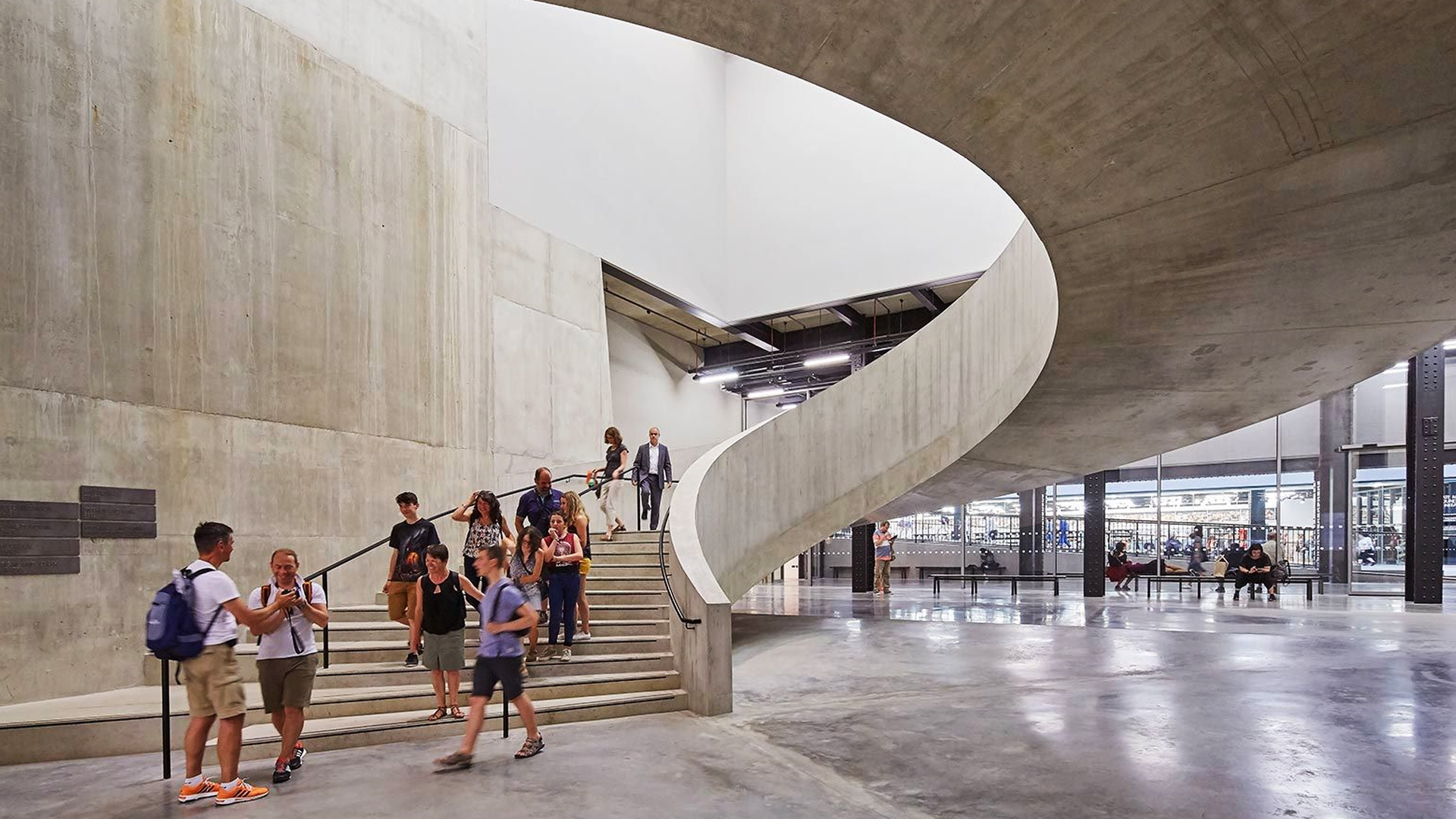Residents of luxury glass-walled flats opposite Tate Modern’s public viewing platform have won a landmark ruling that their privacy is being impinged upon. It seems the rich have power to shape even our most public spaces.
In 2021, affluent neighbours of the Tate Modern decided that the glass-walled luxury flats they’d chosen to live in weren’t offering enough privacy.
Sitting adjacent to the Tate Modern’s famous public viewing platform, which offered the public a striking – and free – panorama of London’s skyline, the flats’ glass structure inevitably meant that residents could be seen by Tate visitors.
Oliver Wainwright shrewdly captured the irony of this most first world of problems.
‘[Residents] bought into the dream of living in an overpriced goldfish bowl next to one of the most visited museums in the world, and now they have decided they’ve had quite enough of being looked at, thank you very much’.
It all seemed quite ridiculous to anyone with common sense.
But in a landmark ruling this week, it seems the affluent amongst us have won – as usual.
Perhaps it was naïve to assume a treasured public space could be thwarted by the powers of a few irate rich people.
Yet the court has ruled that residents of the luxury Neo Bankside flats face an ‘unacceptable level of constant visual intrusion’. It’s a worrying outcome that foresees a future ruled by wealthy gentrifiers.
The five residents who brought the ruling against Tate Modern have demanded certain areas of the viewing platform be ‘cordoned off’ with screening.
It seems like the beginning of the end for one of Tate’s most beloved features. And it proves that the rich 1% can cleanse public spaces of their people. The very thing that attracted them to the area in the first place.
‘The ruling accelerates the long-running phenomenon of new people moving to an area because of particular urban attractions – whether they be pubs, clubs, or art galleries – and then relentlessly campaigning to have those very things shut down,’ said Wainwright.




















